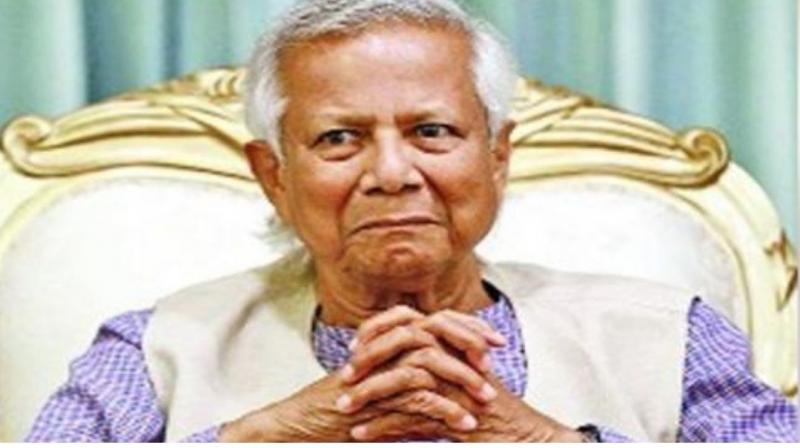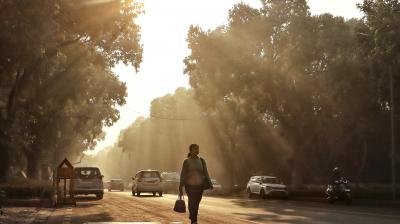
India and Bangladesh have only one option: improving relations
Editorial: It's time to improve relations with Bangladesh: Bangladesh's interim leader, Muhammad Yunus, has suddenly realised that Bangladesh cannot prosper without improving relations with India. In an interview with the English newspaper 'The Star' published from Dhaka, he said that India and Bangladesh have only one option: improving relations.
Without this, both countries cannot survive. He admitted that both countries are "going through a period of disputes and this period has had a bad effect on bilateral relations. Now there is a need to come out of this period." During the same interview, he expressed the hope that if he has a bilateral meeting with Indian Prime Minister Narendra Modi during the upcoming summit of the Bay of Bengal-dependent countries' organization 'BIMSTEC', it will be helpful in clearing up many misconceptions.
'BIMSTEC' includes Bangladesh, Bhutan, India, Myanmar, Nepal, Sri Lanka and Thailand. The organization was established in 1997 and has its permanent headquarters in Dhaka. India has been contributing 32 percent of its expenses.
The organization's eighth summit is scheduled to be held later this month. Yunus described the current tension between the two countries as the product of "propaganda" and said that both countries should overcome this problem.
This statement cannot be said to be true. The fact is that during the period of public anger and anti-government violence in Bangladesh last year, the then Prime Minister Sheikh Hasina Wazed Sheikh had to leave the country and seek refuge in India. Earlier, there were reports that she would go to Britain after a few days in India, but after Britain refused to grant her asylum, she considered it appropriate to stay in India.
Yunus has been demanding that Hasina be handed over to Bangladesh. Yunus, without appreciating Indian concerns about attacks on homes and religious places of minority communities in Bangladesh, especially Hindus, after Hasina’s migration to India, had dismissed these concerns as unwarranted.
Similarly, his approach to attacks on offices of Indian institutions in Dhaka and elsewhere was not that of a wise leader.
A calm politician expresses his disagreement with diplomatic grace, not with abusive language. Yunus, instead of following this golden rule of diplomatic courtesy, chose to scold India.
The visit of Indian Foreign Secretary Vikram Misri to Dhaka in December and the meeting between Indian External Affairs Minister S. Jaishankar and his Bangladeshi counterpart Tawheed Hossain in Oman last month were excellent opportunities to defuse diplomatic tensions.
The interim government of Bangladesh did not consider it appropriate to take advantage of these. Steps like opening direct trade and direct air links with Pakistan were taken to irritate India.
The Modi government's response was relatively subtle. Visas for Bangladeshis were reduced. Exports of onions, vegetables and grains to Bangladesh were made very limited until further orders. The price rise of essential commodities started increasing discontent towards the interim government.
Now the situation is that pro-Younus parties like the Bangladesh National Party (BNP) and the caste parties have also started criticizing the interim government. The BNP has demanded strict action against Sheikh Hasina, but his party has opposed the ban on the Awami League.
There is also international pressure on Yunus to avoid prolonging his role as the interim head of the country for a long time and to hold early elections. The current situation may be helpful to India in terms of increasing unrest and instability in Bangladesh. But India has its own interest in behaving like a good neighbour.
Five Indian states - West Bengal, Assam, Meghalaya, Mizoram and Tripura - are geographically connected to Bangladesh. Their economies are largely dependent on direct trade with the neighbouring country. Anti-national terrorism has also reduced considerably in these states because Bangladesh had a government that was friendly to India for more than a decade.
This fact also strengthens the concept of friendly relations. Therefore, if Muhammad Yunus now extends the hand of friendship, it should be given due consideration. The behaviour of a big country should be big-hearted.













